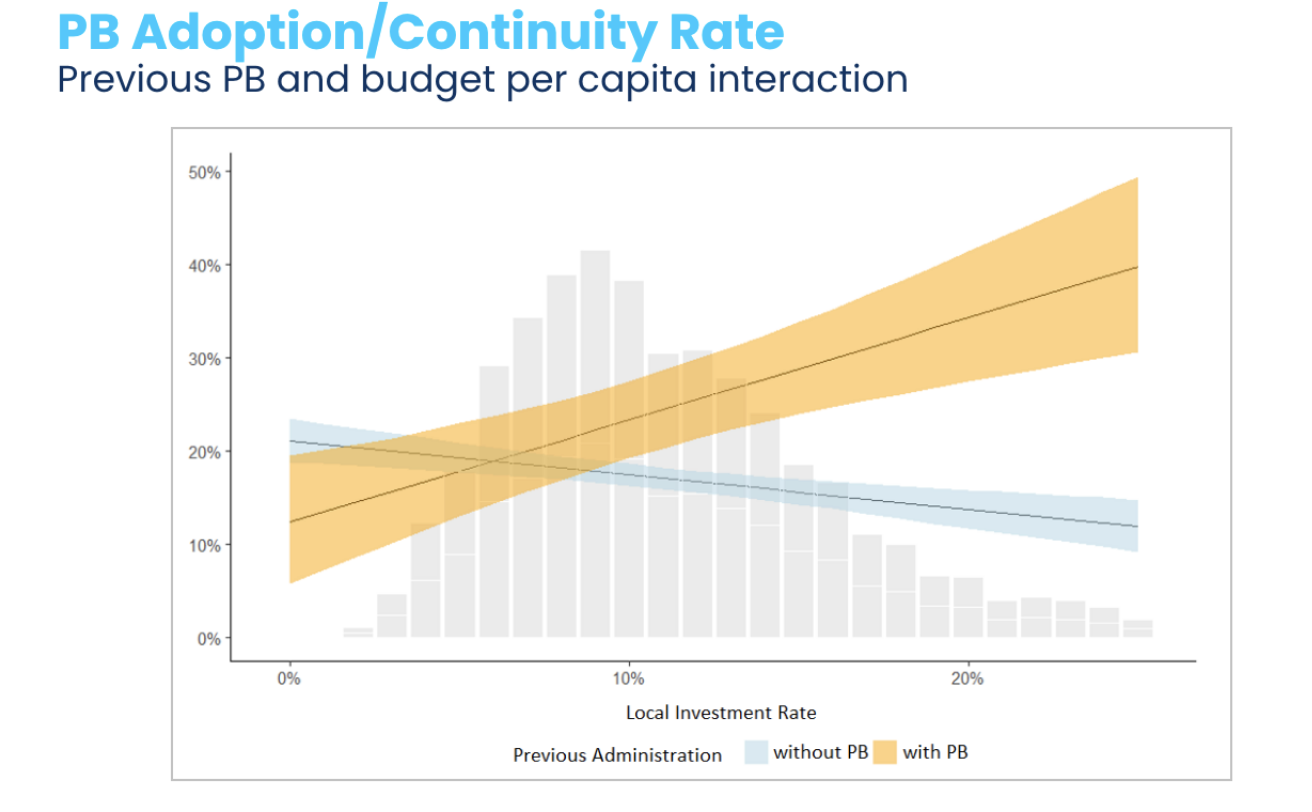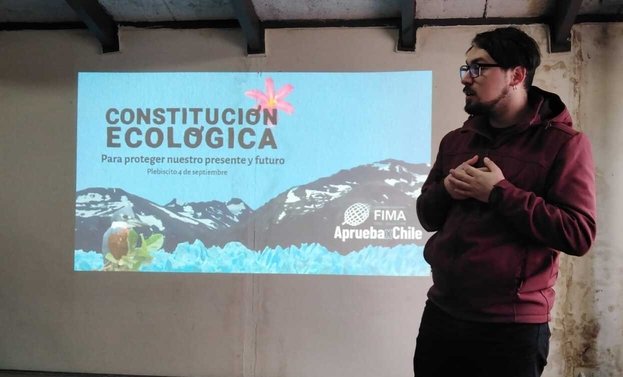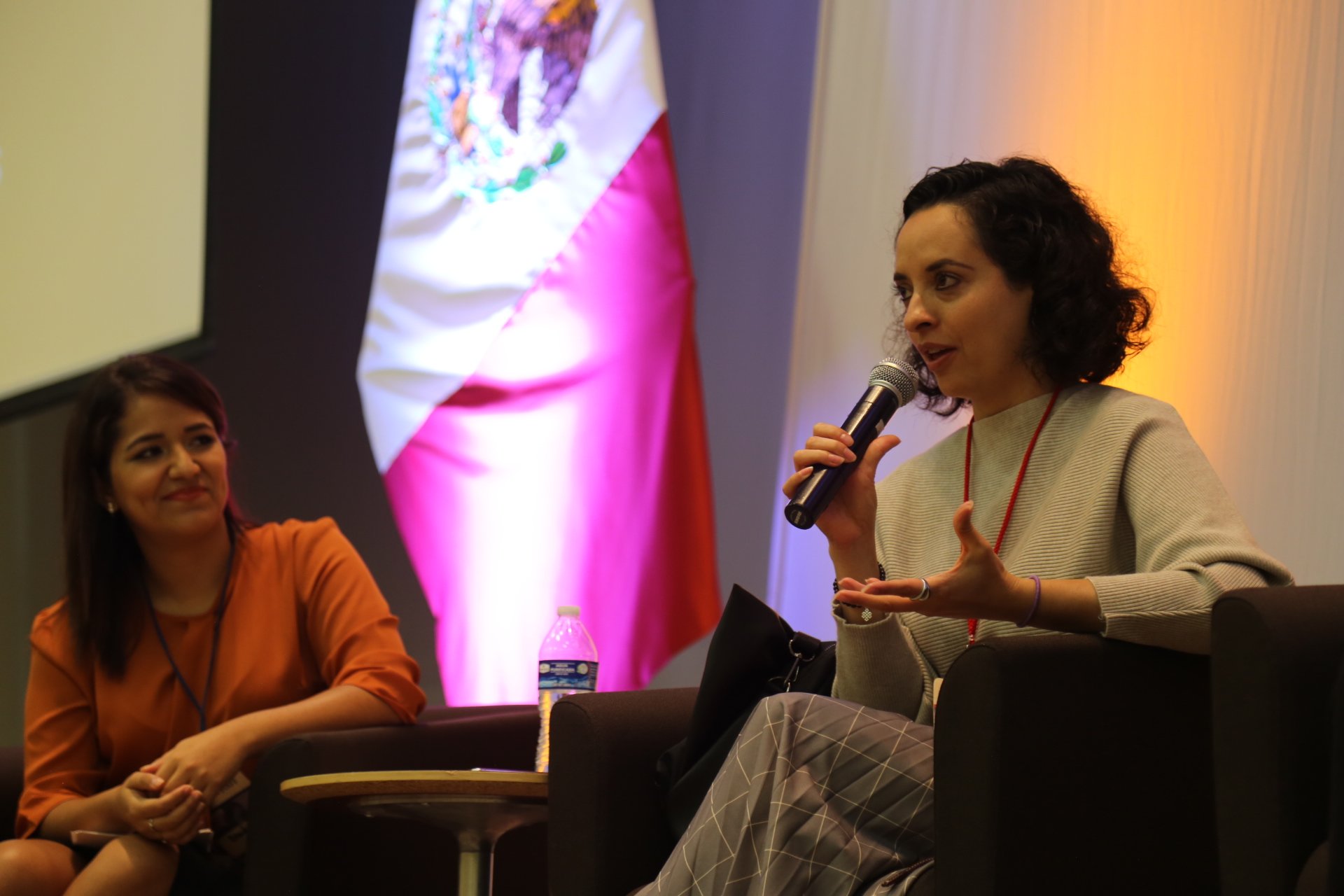
https://www.peoplepowered.org/news-content/november-2022-news
If you’d like to receive this newsletter via email, subscribe!
Today is #GivingTuesday, a global day of giving to support organizations working to transform the world. Can you make a gift to support People Powered?
Research talk: Why did PB decline in Brazil and will Lula revive it?
Participatory budgeting was born in Brazil, but then it suffered a long decline. Newly re-elected President Luiz Inácio Lula da Silva has hinted he will bring it back, however. Two local experts offered their insights at a recent research talk, explaining how changes in fiscal policy and investment levels undermined support for PB.
Report from Chile: Why the proposed constitution was rejected and what we can learn from it
Following massive street protests, the Chilean people voted to draft a new constitution. But the resulting proposal was rejected. Why? Felipe Perillán Caviedes, a lawyer with People Powered member FIMA, offers three lessons learned, to guide future constitutional conventions and assemblies.
Ollin founder joins People Powered staff
Greta Ríos, founder and executive director of Mexican NGO Ollin, is joining People Powered to direct its work to build the global participatory democracy community. Read our announcement, which shares Greta’s reflections on her accomplishments at Ollin and her hopes for People Powered.
Five global leaders join the People Powered Board of Directors

Meanwhile, People Powered members voted on five experts who applied to join our board of directors, and they were approved! They are Charlie Martial Ngounou from AfroLeadership (Cameroon); Diana Dajer, Fundación Corona (Colombia); Katya Petrikevich, Participation Factory (Czech Republic); Sanjiv Rao, Race Forward (United States); and Shreya Basu, Open Government Partnership (Singapore/India).
Meet the recipients of our first research grants!
One of the programs prioritized by People Powered members during our annual planning process was research grants to help participatory democracy practitioners improve their impact. The first round of member-prioritized grants will support studies on digital participation, inclusion of displaced people, citizens’ theater and the impacts of deliberation.

-
LATINNO is the first comprehensive source of data on evolving forms of citizen participation in Latin America, with a treasure trove of data on democratic innovations in 18 Latin American countries from 1990 to 2020.
-
Thirty Years of Participatory Budgeting in the World: After reading the featured post about Brazil’s experience with PB, learn more about its trajectory around the world through this book, which looks at the contexts that enabled its international spread (Portuguese).
-
How can climate change vulnerability assessments best impact policy and planning? With COP27 nearing an end and our Climate Democracy Action program underway, it’s a good time to think about what you can do locally to enlist public participation in climate-related issues. Check out this case study.

-
Rethinking political innovation, The Future, Now and Then
-
Why progressives and conservatives don’t get democracy — and why they should, Zocalo Public Square
-
The Haves and the Have Nots: Civic Technologies and the Pathways to Government Responsiveness, World Bank

-
November 30: Learning call: Spain’s Citizens’ Assembly for the Climate, Zoom
-
December 7-10: International Observatory on Participatory Democracy conference, Grenoble, France
-
Feb. 27-March 4: Global Forum on Modern Direct Democracy, Mexico City

-
International Development Research Centre: Research award to study innovations in inclusive governance, inclusive policies related to forced displacement, use of data/technology to broaden participation and improve accountability, access to justice or negative effects of “disruptive technology (deadline: January 2)
-
Latin American Digital Democracy Award (deadline: February 10)
-
National Endowment for Democracy: Grants to advance democratic goals and strengthen democratic institutions (deadline: December 19)

-
Forward this email to colleagues interested in participation and democracy.
-
Send any interesting articles or events worth sharing to info@peoplepowered.org and we’ll consider sharing them in a future newsletter and on our website!
-
Show your support for participatory democracy: Make a #GivingTuesday donation. Our members decide how to spend the donations, to address their greatest needs and priorities.














Add new comment